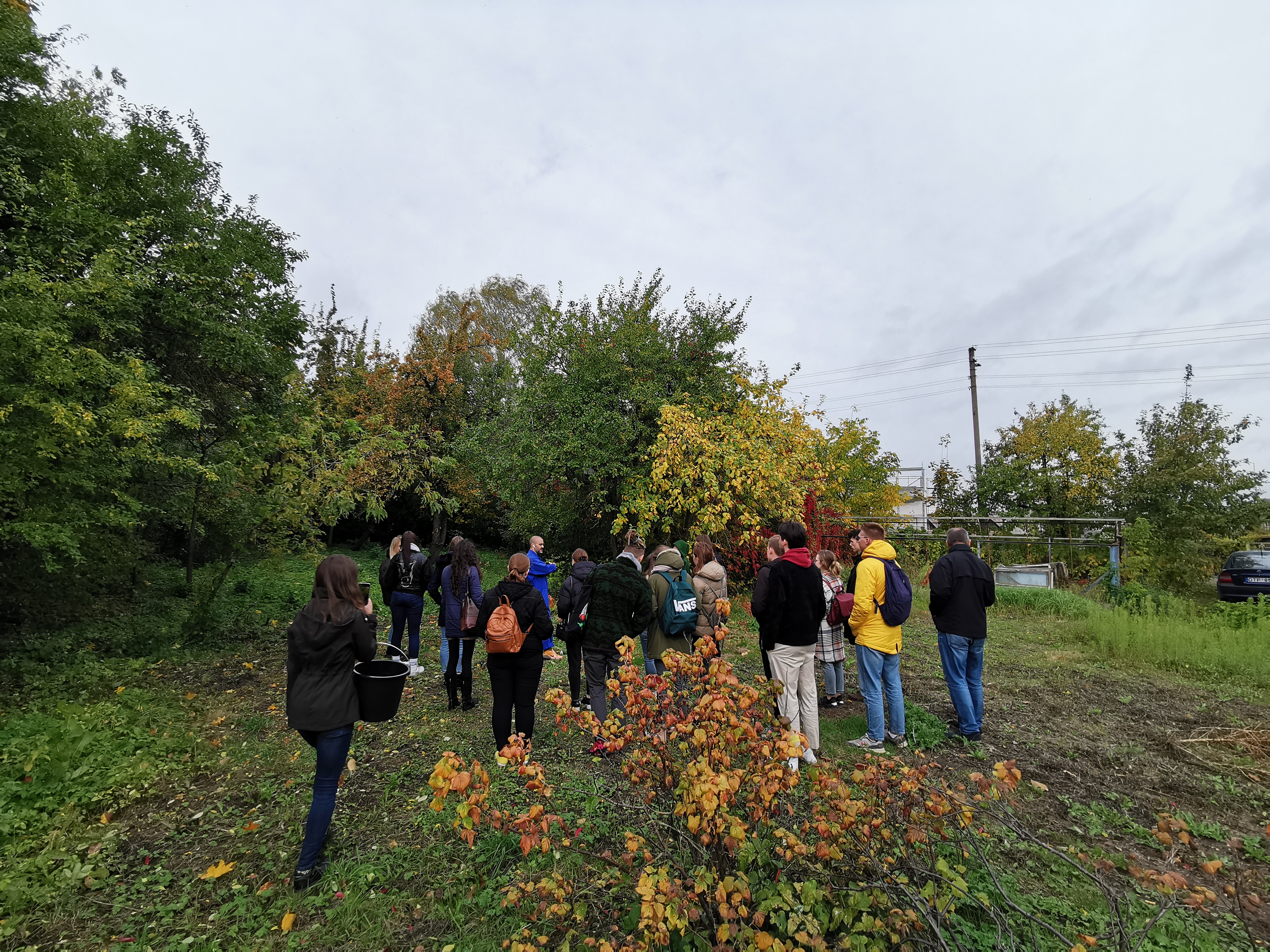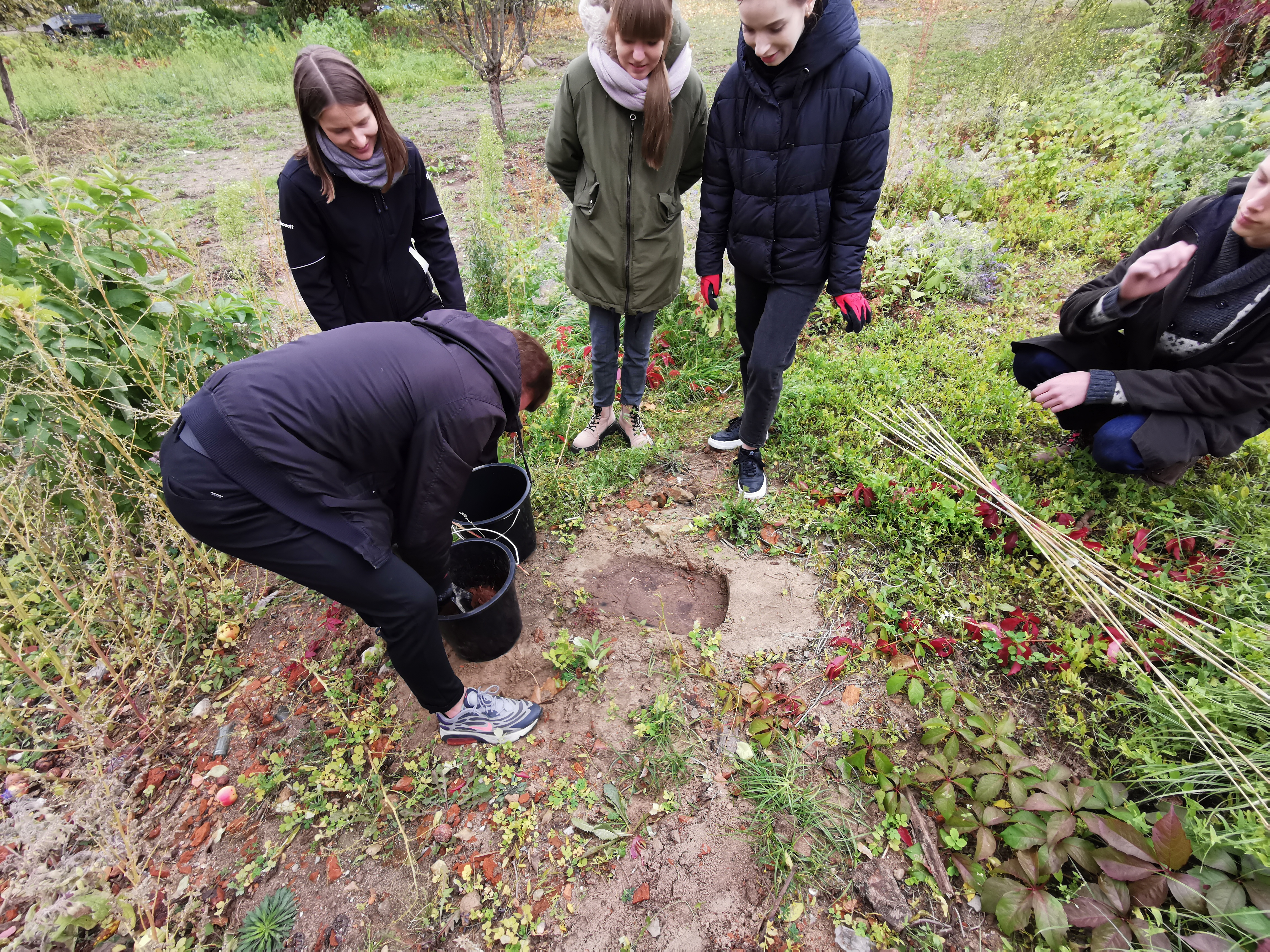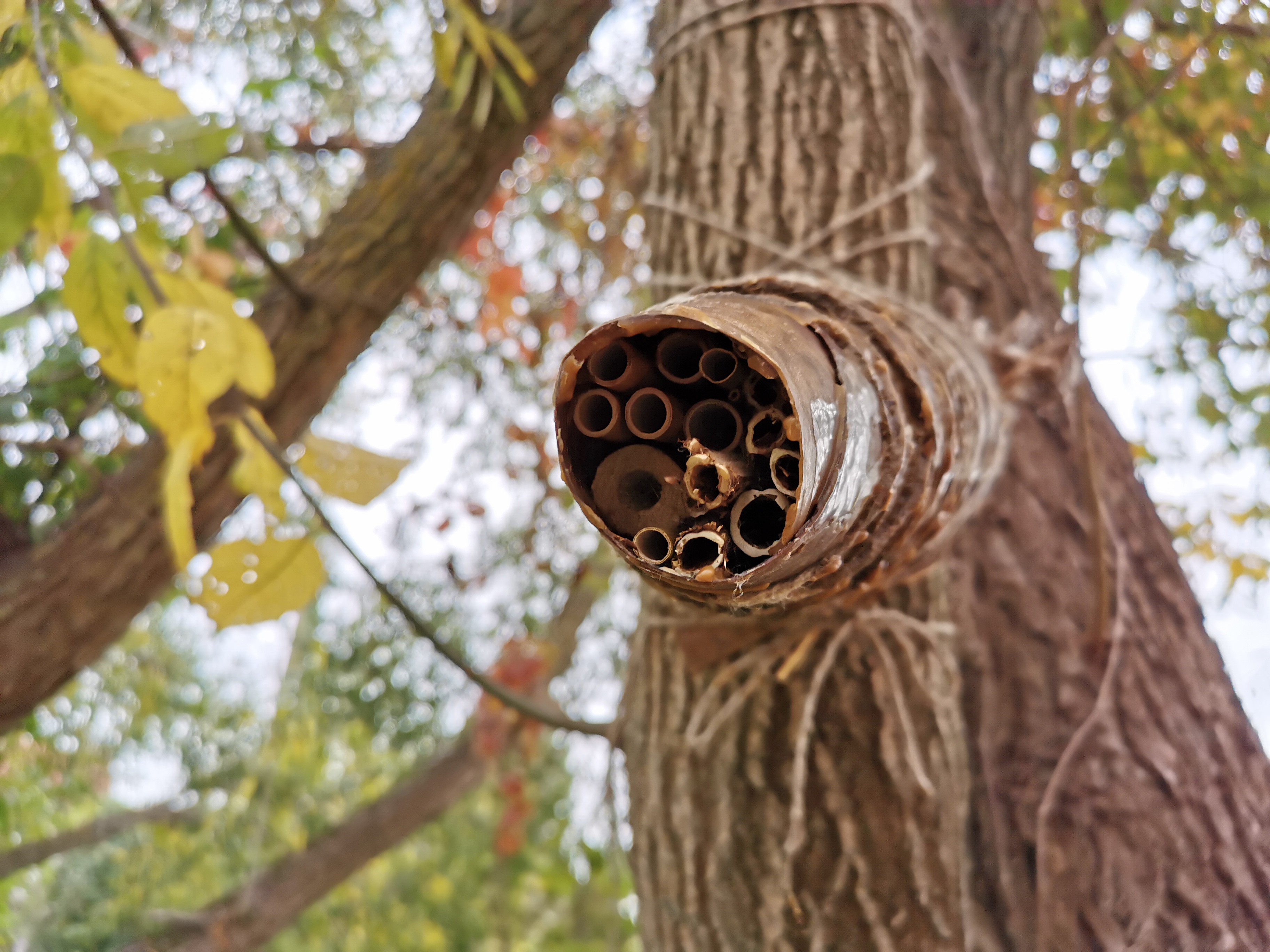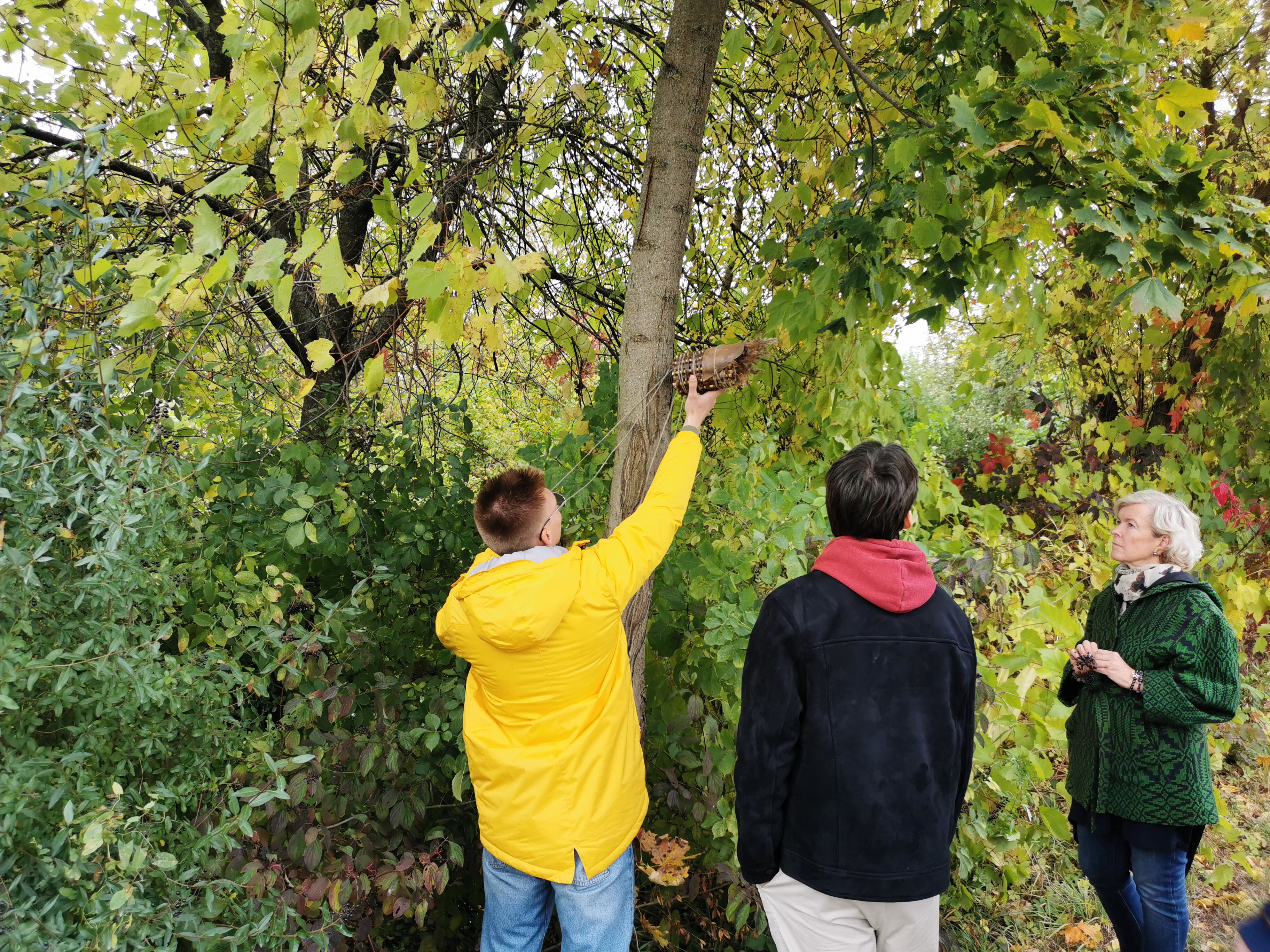The BiodiverCities I project was created to address the topic of how urban areas could provide shelter for insects in a period of radical environmental change.
Cities are becoming an ecologically valuable territory where insects can take refuge from intensive farming. For this potential of cities to be fulfilled, the involvement of both citizens and public authorities is needed, in the planning of wild urban spots and the maintenance of parks and gardens, which will become a safe and welcoming environment for insects.
To activate this cultural shift, a conceptual design toolkit for the DIY production of wild insect housing structures has been developed by project leader Justė Motuzaitė (Integrated Product Design master student at Delft University of Technology) for the European Project “Urban Wild Pollinators” in 2021. Together with partners from HyperInk she organised an educational workshop and introduced the toolkit for the first time at the Giardino San Faustino community garden in Milan, Italy. This kit allows the construction of an insect pollinator habitat module without prior knowledge in design or biology.
Kaunas chapter of the project was created with an intention to further develop the initial toolkit, by inviting citizens to a creative educational workshop. The workshop took place in Kaunas Fortress Park, alongside the future Aleksotas Innovation Industry Park (AIIP). Due to the close cooperation with the T-Factor project, this workshop was one of the temporary activities of the Kaunas pilot, aimed at implementing innovative methods and ideas in urban regeneration areas. Workshop participants used design thinking principles to find ways to improve the toolkit design and installation processes of wild insect nests.
One of the main goals and also challenges of the AIIP is to attract innovative companies that would be interested in settling here in Aleksotas. In relation to that, Mission 2 of Kaunas pilot initializes meanwhile uses and activities that can bring innovation to the site and its vicinity and focuses on technology, health and sustainability. BiodiverCities I project fulfills this mission by bringing in innovative solutions tackling urban biodiversity and showcasing its immediate implementation and testing on the site of Kaunas Fortress.
After the workshop, the project team developed two models and kits for bee hotels – one to be hung in trees for cavity nesting bees and the second one to be placed underground for ground-nesters. Instructions for making bee hotels can be found on the project website - http://biodivercities.eu/.
BiodiverCities I is carried out in cooperation with the DesignLibrary network, HyperInk, Kaunas Fortress Park, T-Factor and KTU Design Centre. The project was co-funded by the Lithuanian Council for Culture (2022 July – December).
Authors: Kotryna Lenkauskaite, Juste Motuzaite, Aiste Eidukeviciute
- People and Planet-centred Innovation Ecosystem



